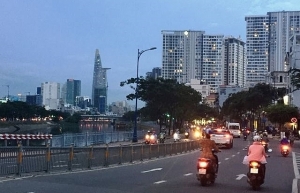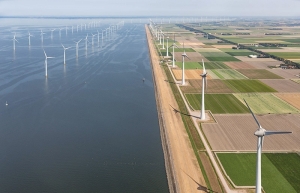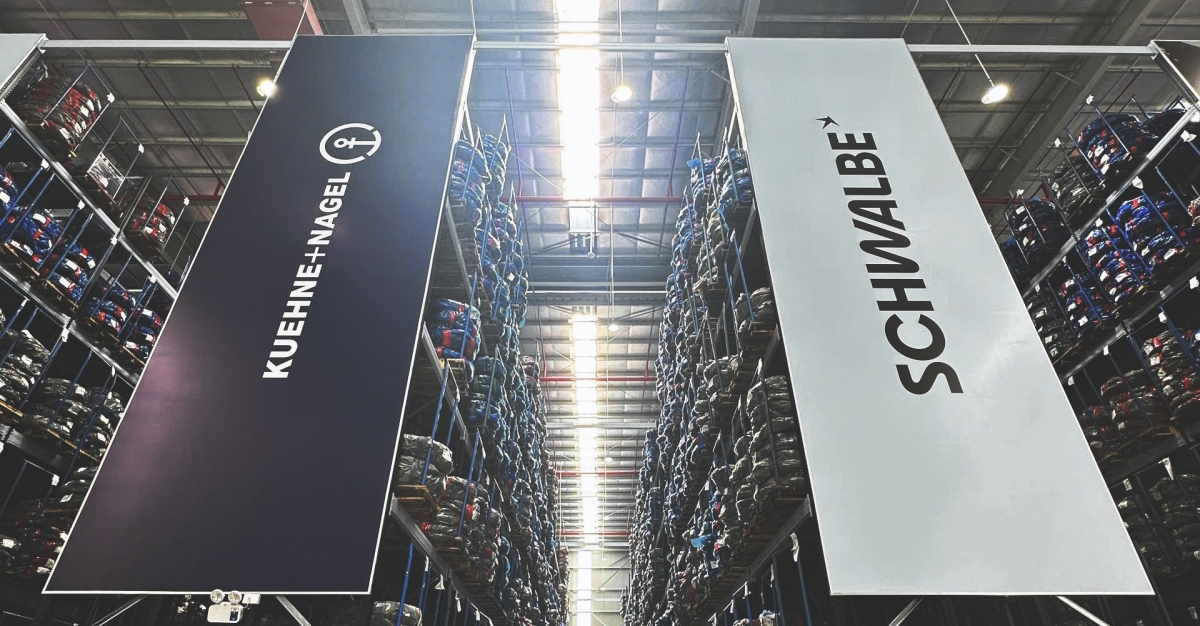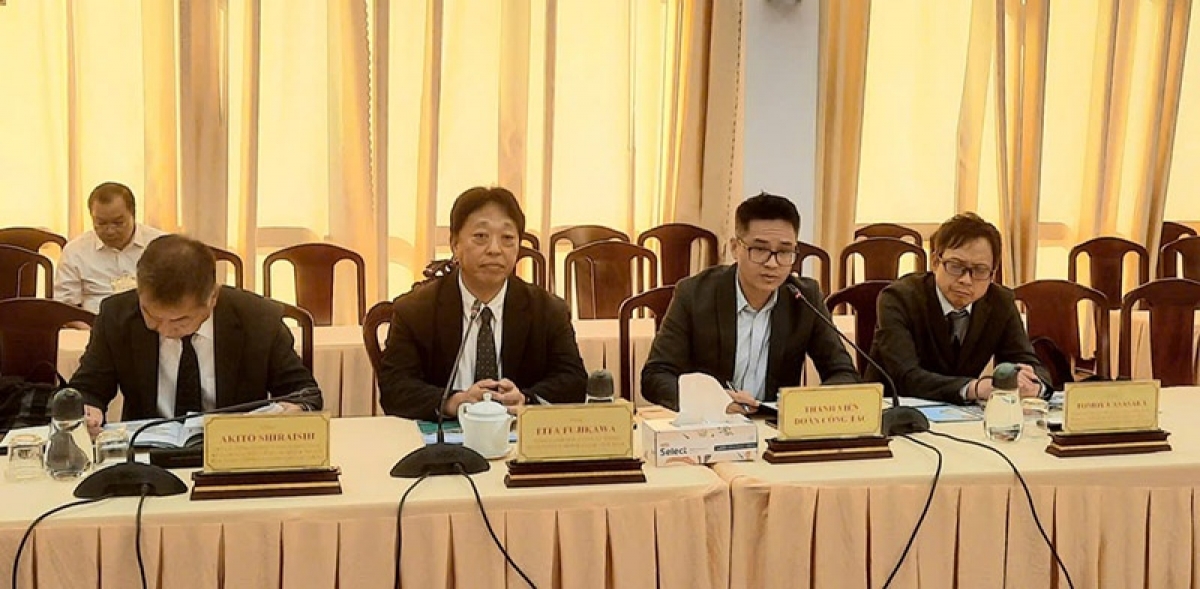INTERNATIONAL INVESTMENT
AND PORTAL
Businesses are seeking support to help them prosper as they continue to deal with regulation complexities, among other issues.
At last week’s meeting between the Ministry of Planning and Investment (MPI) and various associations and businesses, Nguyen Hoai Nam, deputy general secretary of the Vietnam Association of Seafood Exporters and Producers (VASEP), said that seafood processing enterprises are being subjected to a corporate income tax rate of 20 per cent.
 Overhaul demanded to slow cost burdens, illustration photo/ Source: freepik.com
Overhaul demanded to slow cost burdens, illustration photo/ Source: freepik.com
“After numerous recommendations, the Ministry of Finance (MoF) has issued an official dispatch guiding the application of the 15 per cent tax rate, but tax authorities in localities make it difficult for businesses in applying this regulation,” Nam said. “Therefore, we recommend the MoF amends this regulation in legal documents such to prevent tax officials from frustrating enterprises.”
In addition, new regulations on guiding the Law on Fisheries, and on sanctioning administrative violations in the fisheries sector, are causing many obstacles to exporting, Nam claimed.
“Regulations to not mix imported aquatic raw materials with domestically-exploited materials have prevented shipments from being exported because both authorities and businesses cannot agree on the concept,” Nam said. “The VASEP made proposals on this to the Ministry of Agriculture and Rural Development nearly a month ago, but is yet to receive any response.”
Additionally, seafood businesses are struggling because transport costs are high. Despite setting a yearly turnover target of $10 billion, seafood exports only reached $3.6 billion by the end of May.
Ngo Khac Le, vice chairman of the Vietnam Logistics Association, said that logistics costs had surged significantly recently, while all of Vietnam’s import and export goods were operated by foreign shipping companies.
Shipping companies are collecting numerous surcharges for goods at seaports, with prices and types of surcharges decided by the shipping companies without any discussion or agreement from customers.
“Because of not directly negotiating and signing contracts, the Vietnamese exporters have to accept the surcharges given by the shipping company,” Le said.
Since the beginning of 2024, foreign shipping lines have simultaneously announced an increase of 10-20 per cent in terminal handling charges for each service.
“When adjusting fees and surcharges, foreign shipping lines need to publicise price changes for only 15 days before applying new fees, without any inspection or explanation, according to regulations for publishing of fees and surcharges of ocean container shipping and seaport charges,” Le added.
He recommends authorities to add surcharges for container shipping services by sea to the list of goods and services subject to price declaration to complete the price management mechanism and other types of surcharges for goods at seaports.
Truong Van Cam, vice chairman and general secretary of the Vietnam Textile and Apparel Association, pointed out some regulations that are making it difficult for the process of forming the supply chains, especially regulations on on-site imports and exports.
“Specifically, local enterprises that do on-site exports for export-oriented manufacturing enterprises must pay export tax on exported products. At the same time, businesses doing on-site imports must also pay import tax on on-site imported products. Thus, both businesses must pay tax on an object of goods only,” Cam said.
He added said that orders are increasing, and unit prices are gradually going up.
“There are some positive signals, but we are not entirely optimistic. It will be very difficult to achieve the garments and textiles industry’s export target of $44 billion, especially with these burdens,” he said.
Do Thi Thuy Huong from the Vietnam Electronic Industries Association said that numerous Vietnamese businesses in the domestic supply chain, processing and supplying goods to foreign businesses were suffering losses because of on-site export regulations.
What is more, many businesses in the electronic industry have to rent production and business premises, while land rent fees are surging.
“When the lease expires, contracts are renewed and signed. However, land rent fees are hugely different from previous years. Some of them reported paying a 10-fold increase in land rent in just two years. How can they suffer this?” Huong said.
She also said that the growth of businesses in the electronics industry was good in the first four months of the year, instead of the negative growth seen in the same period in 2023.
“However, amid declining global consumption demand, some businesses have lost traditional orders. Traditional processing orders have reduced by 50-80 per cent in electronic manufacturers, and some of them have to close down production departments that had been processing orders over the past 5-7 years,” Huong said.
She proposed maintaining current on-site export regulations, as well as on-site import and export customs procedures, and has requested a meeting with the General Department of Vietnam Customs on the issue.
The MoF has proposed to abolish certain details on implementing measures of the Law on Customs regarding procedures, inspection, supervision and control. On-site import and export activities will not require customs procedures for trading between local enterprises with foreign organisations and individuals that are not present in Vietnam, and are designated by foreign traders to deliver and receive goods with other businesses in Vietnam.
Huong has also proposed a training programme, especially on retraining and upgrading workers in the electronics industry, to access the semiconductor industry, seize opportunities, and look for new orders.
Nguyen Hai Minh, vice chairman, European Chamber of Commerce in Vietnam
Most European businesses still consider Vietnam one of the most attractive destinations globally. Vietnam has been chosen as a hub to specialise in manufacturing and processing electronic products.
The new trend is that investors, especially European ones, tend to choose Vietnam as a logistics hub to facilitate the distribution of products to the market, especially ASEAN and China. However, the mechanisms and procedures for businesses to implement logistics projects are still complicated.
The problem that foreign-invested enterprises encounter is the problem of on-site export. For foreign business buyers, they operate supply units in Vietnam in a chain. If up to now, goods from company 1 have been transported to company 2, we will still declare them as on-site import-export transactions. But there are currently problems slowing down this transaction, so some businesses have transferred orders to other countries to enjoy tax benefits.
Businesses also encounter problems due to being affected by tax adjustment policies, work permits and visas. In addition, another important issue is that import-export businesses are looking to use renewable energy.
Our policy mechanisms should be adjusted to facilitate business implementation.
Pham Thi Ngoc, representative Vietnam Dairy Association
The dairy industry is trying to recover, but has not seen much progress. It is an essential commodity, but bearing very high logistics fees to export, while consumers in Vietnam and around the world are still tightening their spending.
The dairy industry appreciates the management of the government, changing from pre-inspection to post-inspection. But in reality, enforcement is not easy. In regulations, product quality registration dossiers with the Department of Food Safety are only sent once, but all dossiers in the dairy industry have to be sent many times, some of them have been working for six months without being passed.
We have just heard that the Ministry of Finance (MoF) proposes to impose a special consumption tax on sugary drinks, and nutritional drinks. We are concerned about the phrase “nutritional drinks,” which currently has no definition (both domestically and internationally), or even a customs code.
Meanwhile, the dairy industry provides nutrition for children, pregnant women, sick people, and the elderly. This is good for health, while the Party and state direct tax products that are harmful to health. This is being contradicted. We wish to raise our voices to comment on the draft of the MoF to build the most reasonable draft.
In addition, we also propose that the government give solutions to support green and sustainable manufacturing businesses. For example, Vinamilk prepared for 10 years to build a net-zero farm/factory, and the cost/ investment was too expensive, as there was no support or priority for the products made in this factory. Promoting milk consumption also contributes to supporting cow farmers to have a higher income and better livelihoods.
Chu Thi Van Anh, general secretary Vietnam Beverage Association
Businesses in beverages are currently reducing production costs. In 2023, businesses in the beer industry reported declines in revenue and profits, especially beer manufacturers. In 2024, the industry is forecast to still have difficulties, as the alcoholic and beverage industry must suffer many policy impacts, such as on tax.
The price of input materials also increased by 15-40 per cent compared to 2022. Meanwhile, demand for beverages is decreasing because people are tightening spending. Restaurant and related systems all recorded revenue drops due to drink-driving rule changes .
In addition, businesses also bear the burden of implementing extended producer responsibility. One issue affecting businesses and manufacturers is that counterfeit alcohol is still widespread on the market, especially in rural areas.
The industry is also concerned about the roadmap for changing tax policy. Currently, the government is planning to adjust a series of taxes such as VAT, corporate income tax, and special consumption tax in the direction of expanding taxable subjects and increasing taxes on alcoholic beverages.
The roadmap for adjusting these taxes is also very close. Therefore, we are concerned that adjusting many taxes at the same time will increase production costs and raise the financial burden on manufacturers, especially small and medium-sized enterprises.
Based on the above issues, we recommend that the current special sales consumption rate should be kept for the next 2-3 years to support businesses. Proposals for adjustments need to be based on science and have a comprehensive impact assessment.
Secondly, we propose expanding the beneficiaries of the 8 per cent VAT rate until the end of 2024. Thirdly, for the alcohol level policy, we propose reducing fines for violations, with fined based on the violator’s income level. Communication options are needed to raise consumer awareness.
We also recommend that localities and tax authorities review and handle counterfeit goods.
Nguyen Minh Ke, chairman Vietnam Aluminium Association
Raw materials that cannot be produced domestically must be imported, which is affected by political conflicts. The downturn in domestic real estate has lowered demand for industrial and construction aluminium sharply in the past two years.
Under excess, the total designed capacity of the entire aluminium industry is currently 1.2 million tonnes on an annual basis. Only operating at 40-45 per cent, some businesses have had to temporarily suspend their operations.
However, there are some Chinese investors arriving to explore the Vietnamese market to set up production and export facilities to avoid anti-dumping taxes on Chinese aluminium.
Guangdong Xinfa Aluminum Company is proposing a factory project in the northern province of Hai Duong, with an annual total capacity of 150,000 tonnes. This is expected to strongly affect domestic aluminium enterprises, exacerbating the problem of overcapacity.
We recommend that ministries and agencies consider continuing to reduce the VAT to 8 per cent, including on aluminium, to support production and business, and consider more carefully newly registered foreign-invested projects, thus contributing to protecting domestic production.
 HCM City to issue regulation on databases
HCM City to issue regulation on databases
A regulation on Ho Chi Minh City’s common-use databases is expected to be issued in the third quarter of this year, Nguyen Thien Nhan, Secretary of the municipal Party Committee, said at a recent conference to review the past 18 months of project implementation.
 Potential energy investors clamour for regulation clarity
Potential energy investors clamour for regulation clarity
The lack of an answer for feed-in tariffs and generally available infrastructure is slowing down the prospects of mergers and acquisitions in Vietnam’s renewables arena.
 Fire safety regulation frustration lingers for FIEs
Fire safety regulation frustration lingers for FIEs
Many foreign-invested enterprises are confused with the inconsistent regulations relating to fire prevention and safety, which may impact their factories’ construction and operation processes.
By Nguyen Huong



















